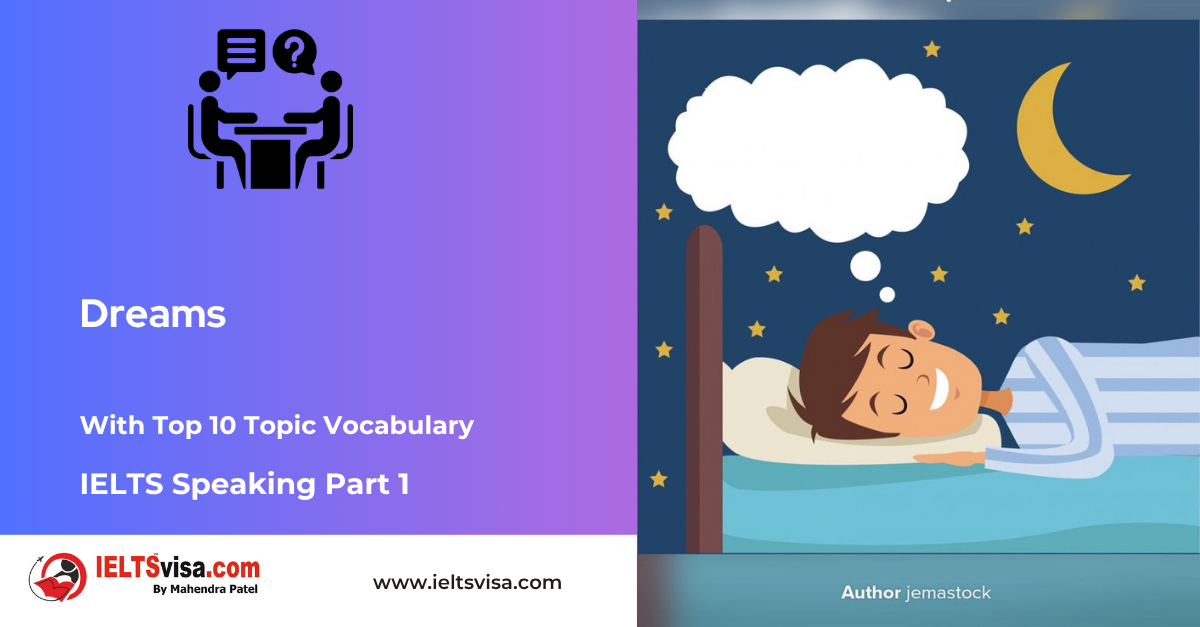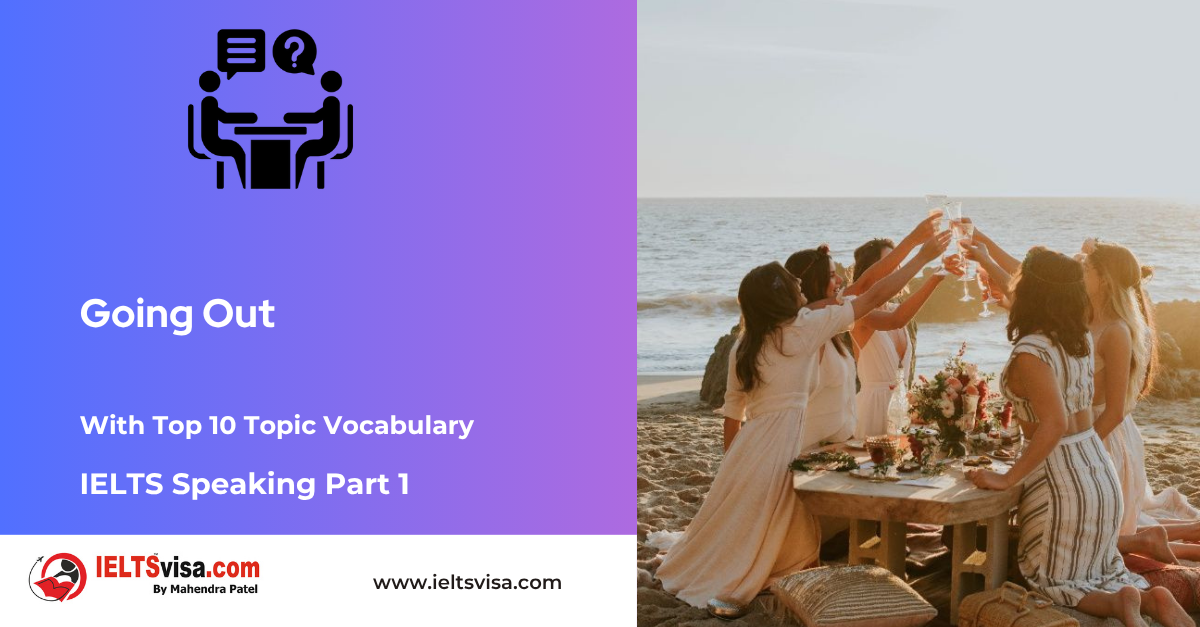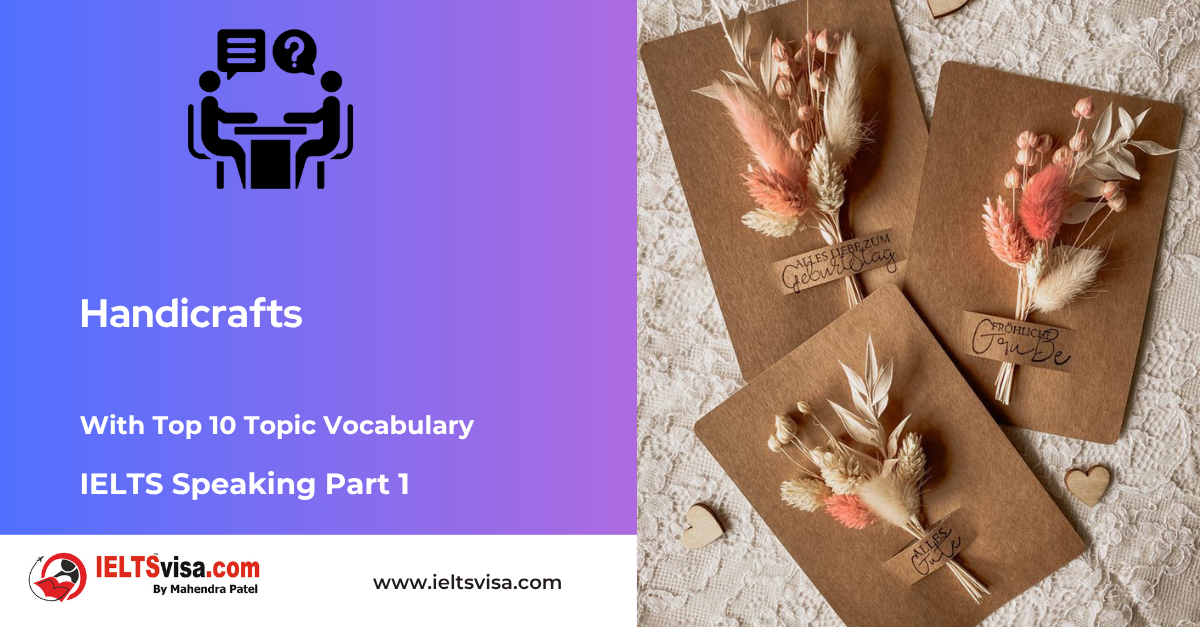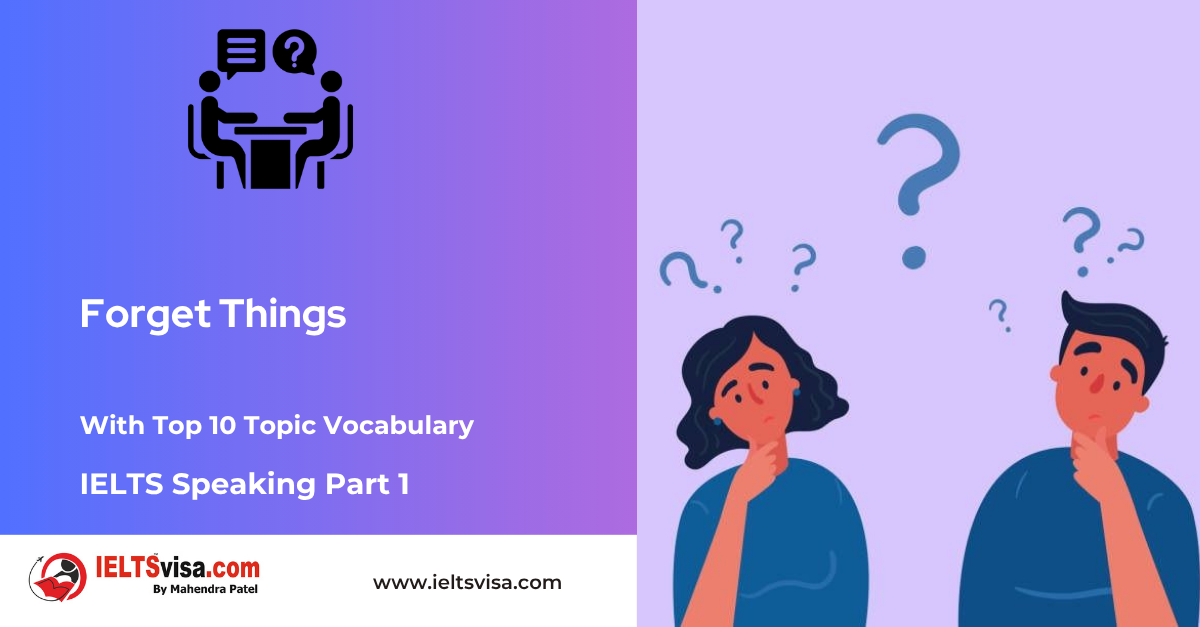IELTS Speaking Part 1 – Dreams
IELTS Speaking Practice
IELTS Speaking Part 1 – Dreams
Examiner: Do you often remember your dreams?
Candidate: I often remember my dreams, especially if they are vivid or unusual. Sometimes, I can recall them in great detail, while other times, I only remember fragments.
Examiner: Do you think dreams have meanings?
Candidate: I believe that dreams can have meanings. They might reflect our subconscious thoughts, fears, or desires. However, interpreting them accurately can be challenging.
Examiner: Do you like hearing about other people’s dreams?
Candidate: I find it interesting to hear about other people’s dreams. It can be fun to compare experiences and see if there are any common themes or symbols.
Examiner: Do you think dreams can come true?
Candidate: In a metaphorical sense, dreams can come true if we set goals and work hard to achieve them. However, literal dreams while sleeping are less likely to come true in reality.
Examiner: Have you ever had a dream that really scared you?
Candidate: I’ve had a few nightmares that really scared me. They usually involve situations where I feel helpless or threatened, and they can be pretty unsettling.
Examiner: What was the best dream you remember having?
Candidate: The best dream I remember having was one where I was travelling to beautiful, exotic places. The vivid colours and sense of adventure made it a wonderful experience.
Examiner: Do you like to daydream?
Candidate: I enjoy daydreaming. It’s an excellent way to relax and let my mind wander. Sometimes, it helps me develop new ideas or solutions to problems.
Examiner: How do you feel when you wake up after a vivid dream?
Candidate: I often feel mixed emotions when I wake up after a vivid dream. If the dream is pleasant, I feel happy and inspired. If it was a nightmare, I might feel anxious or unsettled.
Examiner: Do you think it’s possible to control your dreams?
Candidate: Some people practice lucid dreaming, which is the ability to be aware of and control their dreams. I haven’t tried it myself, but it sounds fascinating.
Examiner: Do you think dreams are important?
Candidate: I think dreams can be significant. They might give us insights into our subconscious mind, help us process emotions, or even inspire creativity.
Examiner: Have you ever had a recurring dream?
Candidate : I’ve had a few recurring dreams. One common theme is being unprepared for an exam, which I think reflects stress or anxiety in real life.
Examiner: Do you believe that dreams can predict the future?
Candidate : I’m sceptical about dreams predicting the future. While some people believe in premonitions, I think most dreams are influenced by our current thoughts and experiences.
Examiner: When learning a new language, do you think it’s better to carry a physical dictionary or use a digital one?
Candidate : Sometimes, I share my dreams with close friends or family, especially if they are interesting or strange. It can be a fun topic of conversation.
Examiner: How do you think dreams affect our daily lives?
Candidate : Dreams can affect our mood and emotions throughout the day. A good dream can make us happy, while a lousy dream might make us uneasy.
Examiner:Have you ever had a dream that influenced your decisions?
Candidate : I’ve had dreams that made me think more deeply about specific issues or relationships. While I don’t make decisions solely based on dreams, they can sometimes provide valuable insights.
Examiner: What is the most common theme in your dreams?
Candidate : The most common theme in my dreams is exploring new places. I often dream about travelling to different cities or countries, which might reflect my love for adventure.
Examiner: Do you think people can learn from their dreams?
Candidate : I think people can learn from their dreams. They might reveal hidden fears, desires, or unresolved issues that we must address in our waking life.
Examiner: Have you ever had a dream that was difficult to understand?
Candidate : I’ve had dreams that were confusing and difficult to understand. They often involve strange scenarios or mixed emotions that don’t make much sense.
Examiner: Do you prefer to have vivid dreams or dreamless nights?
Candidate : I prefer to have vivid dreams because they can be entertaining and provide a sense of adventure. However, I also appreciate dreamless nights for a more restful sleep.
Examiner: Do you think dreams are a reflection of our subconscious mind?
Candidate : I think dreams can be a reflection of our subconscious mind. They might reveal thoughts and emotions we’re unaware of while awake.
Top 10 Topic Vocabulary for “Dreams”
|
Vocabulary |
Type |
Meaning |
Synonyms |
Antonyms |
Word Family |
Example Sentences |
|
Vivid |
Adjective |
Clear and detailed |
graphic, lifelike, vivid |
vividly |
I often remember vivid dreams. I can remember the details of my dreams very clearly. |
|
|
Subconscious |
Adjective |
Relating to the part of the mind that is not consciously active |
unconscious, unaware, involuntary |
subconsciously |
Dreams might reflect our subconscious thoughts. Our dreams might reveal thoughts and feelings we are unaware of. |
|
|
Metaphorical |
Adjective |
Relating to a metaphor or having a metaphorical meaning |
symbolic, figurative, allegorical |
metaphor |
Dreams can come true in a metaphorical sense. Sometimes, our dreams can symbolize our goals and aspirations. |
|
|
Unsettling |
Adjective |
Causing anxiety or unease |
disturbing, disquieting, worrying |
unsettled |
Nightmares can be unsettling. Nightmares can leave us feeling anxious and disturbed. |
|
|
Vivid |
Adjective |
Clear and detailed |
graphic, lifelike, vivid |
vividly |
I often remember vivid dreams. I can remember the colors, sounds, and emotions of my dreams very vividly. |
|
|
Adventure |
Noun |
An exciting or unusual experience |
escapade, expedition, quest |
adventurous |
I dream about travelling to exotic places. I often have dreams about travelling to exciting and adventurous places. |
|
|
Daydream |
Verb |
To indulge in fanciful thoughts |
fantasize, dream, imagine |
daydreaming |
I enjoy daydreaming. I like to let my mind wander and imagine different scenarios. |
|
|
Mixed emotions |
Noun |
A combination of different feelings |
conflicting emotions, ambivalent feelings, mixed feelings |
mix |
I feel mixed emotions after a vivid dream. I might feel happy, sad, or scared after a vivid dream. |
|
|
Lucid dreaming |
Noun |
The ability to be aware of and control your dreams |
conscious dreaming, controlled dreaming |
lucid |
Some people practice lucid dreaming. Some people try to become aware that they are dreaming and take control of their dreams. |
|
|
Insights |
Noun |
A clear understanding of a situation or subject |
comprehension, understanding, perception |
insightful |
Dreams can provide insights into our subconscious mind. Dreams can help us understand our thoughts, feelings, and motivations. |

Our Books
Master IELTS Speaking Part 1
IELTS Writing Task 1 Book
IELTS Writing Task 2 Book
Practice IELTS Other Modules
IELTS Listening
The IELTS Listening test assesses how well you can understand spoken English in various contexts. It lasts about 30 minutes and is divided into four sections with a total of 40 questions. The listening tasks become increasingly difficult as the test progresses.
IELTS Academic Reading
The IELTS Academic Reading section assesses your ability to understand and interpret a variety of texts in academic settings. It is designed to evaluate a range of reading skills, including skimming for gist, reading for main ideas, reading for detail, understanding inferences, and recognizing a writer's opinions and arguments.
IELTS Speaking
The IELTS Speaking test assesses your ability to communicate in English on everyday topics. It lasts 11-14 minutes and consists of three parts: introduction, cue card, and a discussion based on the cue card topic.
IELTS General Reading
IELTS General Reading tests your ability to understand and interpret various types of texts. Here are some key areas and types of content you can expect to encounter in the reading section, along with tips for effective preparation.
IELTS Academic Writing Task 1
In IELTS Academic Writing Task 1, you are presented with a visual representation of information, such as graphs, charts, tables, or diagrams, and you are required to summarize, compare, or explain the data in your own words.
IELTS General Writing Task 1
In IELTS General Writing Task 1, you are required to write a letter based on a given situation. The letter can be formal, semi-formal, or informal, depending on the prompt. Here’s a breakdown of the key components to include in your letter
IELTS Academic Writing Task 2
In IELTS Academic Writing Task 2, you are required to write an essay in response to a question or topic. Here’s a guide to help you understand the essential elements of this task
IELTS Exam Tips
To succeed in the IELTS exam, practice regularly, familiarize yourself with the test format, improve your vocabulary, develop time management skills, and take mock tests to build confidence.
Grammer for IELTS
Grammar is the foundation of effective communication in English. Understanding tense usage, subject-verb agreement, and sentence structure enhances clarity and coherence in writing and speaking.
Vocabulary for IELTS
Vocabulary plays a crucial role in the IELTS (International English Language Testing System) exam, especially in the Speaking and Writing sections. Here’s an overview of why vocabulary is important and how it impacts your performance
RECENT IELTS SAMPLES QUESTIONS AND ANSWERS
IELTS Speaking Part 1 – Going Out
IELTS Speaking Part 1 - Going Out Examiner: Do you enjoy going out?Candidate: I definitely enjoy going out!...
IELTS Speaking Part 1 – Handicrafts
IELTS Speaking Part 1 - Handicrafts Examiner: Do you appreciate handicrafts?Candidate: Absolutely! I find...
IELTS Speaking Part 1 – Forget Things
IELTS Speaking Part 1 - Forget Things Examiner: Do you often forget things? Candidate: Sometimes, I forget...
IELTS Speaking Part 1 – Favourite Subject – History
IELTS Speaking Part 1 - Favourite Subject - History Examiner: What is your favourite subject?Candidate: My...
IELTS Speaking Part 1 – Friends
IELTS Speaking Part 1 - Friends Examiner: Do you have many friends?Candidate: I have a good number of friends....
IELTS Speaking Part 1 – Gifts
IELTS Speaking Part 1 - Gifts Examiner: Do you like giving gifts?Candidate: I enjoy giving gifts because seeing...













